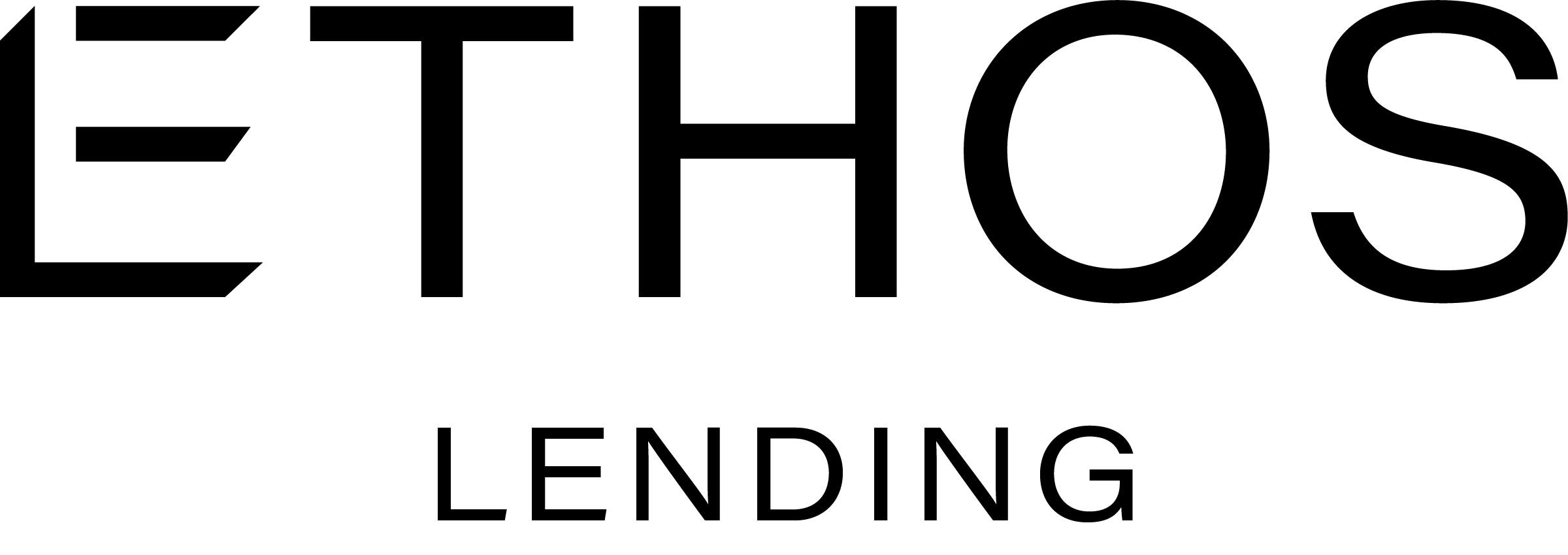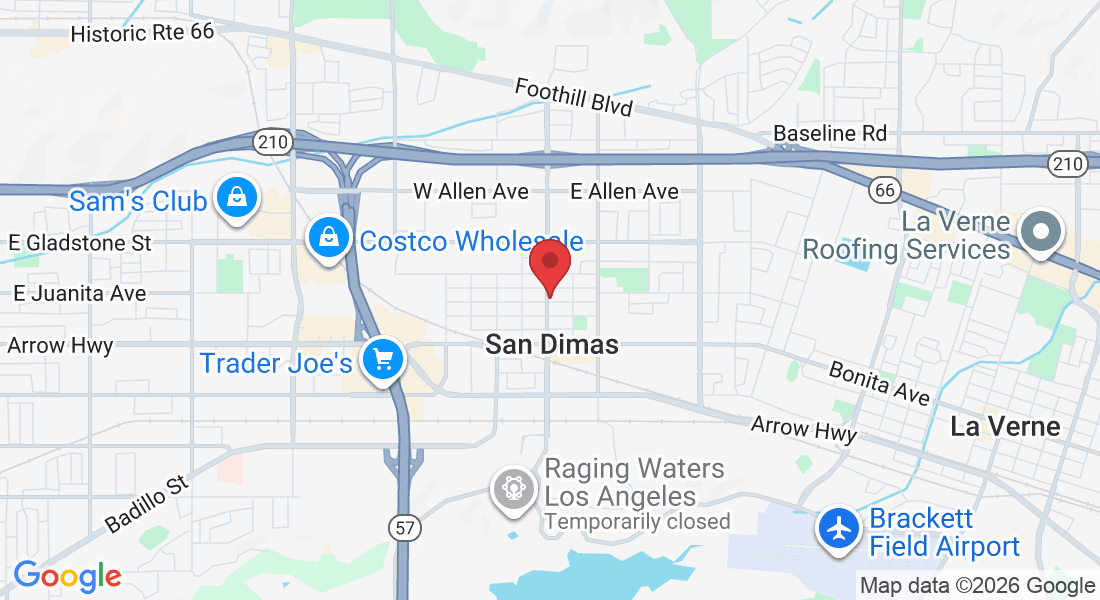ETHOS LENDING PRE-1031 REFINANCE STRATEGY
Frequently Asked Questions
Q1: What is a 1031 exchange, and how does it work?
A: A 1031 exchange lets you sell an investment property and reinvest the proceeds into another qualifying property without paying capital gains tax right away. The IRS has strict timelines: you must plan the 1031 ahead of selling, and identify replacement property within 45 days and close within 180 days.
Q2: Can I refinance my property before a 1031 exchange?
A: Yes. A cash-out refinance prior to a 1031 exchange is permissible as long as it serves a legitimate business or investment purpose—not solely to avoid taxes. The timing between your refinance, use of proceeds, and eventual sale is critical to maintaining IRS compliance.
Q3: What qualifies as a legitimate business purpose for the refinance?
A: Acceptable uses include:
• Purchasing additional investment property
• Diversifying into stocks, bonds, REITs, or private equity
• Funding a business venture
• Making improvements to the property
• Restructuring existing debt
• Covering business or operational expenses
Using funds primarily for personal expenses, luxury items, or extracting cash without a clear business purpose is not considered legitimate.
Q4: How long should I wait between refinancing and selling my property?
A: The IRS focuses on the time between your refinance, when you use the proceeds, and the eventual sale.
Generally:
Under 3 months: Highly risky; likely viewed as tax avoidance
3-6 months: Somewhat risky; requires strong justification and documentation
6-12 months: Stronger position with documented business purpose
12+ months: Safest separation, very low IRS challenge risk
The more time between these events, the clearer it is that your refinance was an independent business decision.
Q5: What happens if I refinance too close to my eventual property sale date?
A: If the IRS determines your refinance was primarily designed to extract equity immediately before the sale and avoid taxation, the cash proceeds may be reclassified as "boot" (taxable cash received), creating a capital gains tax liability even if the 1031 exchange itself remains valid.
Q6: What documentation should I maintain to demonstrate compliance?
• Loan documents clearly stating business purpose
• Records showing how refinance proceeds were used
• Timeline showing separation between refinance and sale
• Documentation of business or investment activities funded by proceeds
• Communications with your tax advisor regarding the strategy
• Do not mix refinance proceeds with 1031 exchange funds, and ensure all exchange proceeds remain with your Qualified Intermediary.
Consult with your tax adviser and 1031 company to ensure proper compliance.
Q7: Can I take cash out at the time of closing on my sale?
A: Yes, but any cash taken at closing is taxable and treated as "boot." This won't invalidate your 1031 exchange - the remaining proceeds can still be exchanged tax-deferred - but you'll owe capital gains tax on the cash amount received. This is why the refinance strategy happens before the sale: it allows you to access equity tax-free as loan proceeds rather than taking taxable boot at closing.
Q8: What are the advantages of hiring a professional property management company for my new investment property?
A: A professional management company can:
• Handle tenants, leasing, and collections
• Oversee repairs and property upkeep
• Ensure compliance with laws and regulations
• Free up your time while preserving the benefits of ownership
• Provide you with updated reports and accounting documentation
Q9: Will I still maintain control of my property if I use professional management?
A: Yes. You remain the owner of the property and retain decision-making authority on all major financial choices, as well as receiving all of the benefits of ownership: appreciation, depreciation, cashflow, etc.
The management company simply carries out the day-to-day operations on your behalf.
Q10: How can The Katalyst Team help with refinancing and 1031 strategy?
A: We can help you plan well in advance - from exploring refinance options now to coordinating with your tax advisor and strategizing how to maximize your exchange. We can also connect you with trusted 1031 facilitators and professional management partners if you want to reduce the day-to-day workload while continuing to own your new investment property.
15 Years Working Together
More than 10,000
Families Helped
Over $1 Billion Funded










